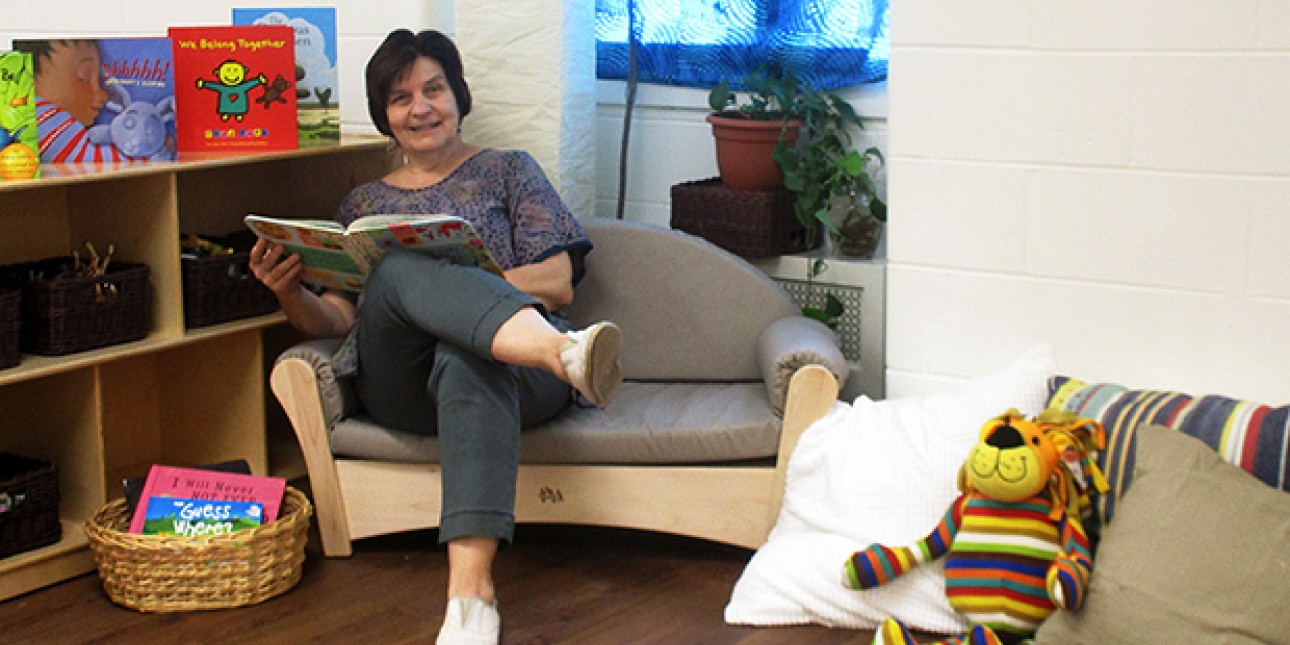One, two, three little who?

a monthly message from Deb Green
Some moments are transformative. One of my own such moments happened many years ago when I was a fairly new teacher leading a morning meeting with a group of three and four-year-olds. We were singing the then quite popular children’s song “The Ten Little Indians,” and I was so proud as the children held up each of their fingers as they counted along, while loudly singing the lyrics of the song.
A new parent walked in to drop-off her child and silently watched the children singing. She asked if she could speak with me for a moment. Then, as compassionately as possible, she explained that as a woman of Native American decent, the song greatly offended her.
I countered that I had no intent to do so and truly had no idea where she was coming from. She had to spell it for me. Using analogies I could understand, she asked, “Would you ever change the lyrics and sing “One little, two little, three little Jews or one little, two little, three little African Americans?”
Her point hit me hard and it was truly a transformative day in my professional life. While I had absolutely no intent of teaching a song that is clearly demeaning to an entire culture of people, I was in fact doing just that.
Teachers hold a responsibility in shaping young minds to go into a diverse world and see that world with respect and appreciation of all people. This encounter gave me a much better understanding of what that actually means.
It was not enough to approach my work with children with the intent to show them how to appreciate differences and find similarities they had with their friends, it was just as important work on myself, outside the classroom.
This involves being as proactive as possible in working with children, helping them to hear factual knowledge of all cultures and countering stereotypes. And it is about recognizing that the world is a changing place, and our own willingness to grow and change over time is imperative in our work with children.
This is important work we all need to do. We need to reflect upon the stories we heard growing up, from the people in our lives, at school, or in larger societal messages. Many of us received a one-sided view of our country’s history, and have had to challenge ourselves in our ways of thinking.
At PIC, we do not follow the still held tradition in many child care programs and schools of hosting Thanksgiving feasts with children dressed in stereotypical “pilgrim and indian” attire. We do talk about Thanksgiving as a time of year of giving thanks and we counteract stereotypes that may come up about the holiday.
Here are two resources I came upon recently that challenge our thinking on history and traditions, even when our intent is pure.
- https://www.tolerance.org/magazine/teaching-thanksgiving-in-a-socially-responsible-way
- https://medium.com/@katyaermolaeva/dinah-put-down-your-horn-154b8d8db12a
For me, the continuum to become an anti-bias educator has been some of the most essential and rewarding work I have done in my nearly 40 year career. And it is surely not complete.